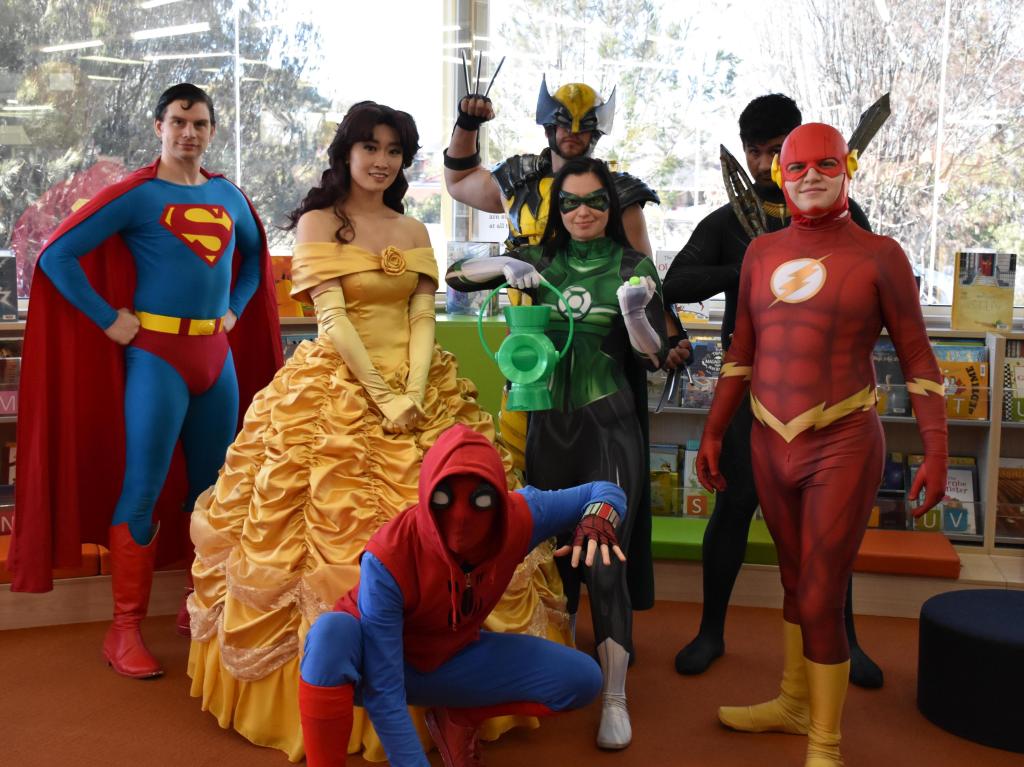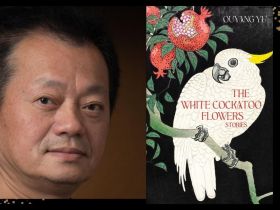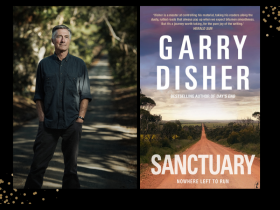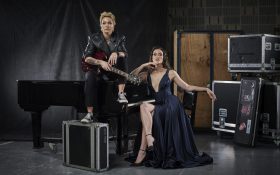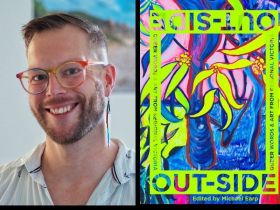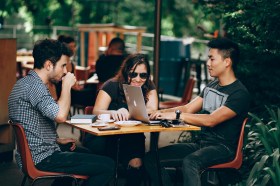All suited up for Yarra Plenty Library’s Comic Con. Image Supplied.
If you think you know your local library – shhhhh-ing librarians, overdue fines and dusty shelves, perhaps? – think again. Over the last decade, Australia’s public libraries have been undergoing a quiet transformation from dowdy book havens to dynamic cultural hubs.
Walk into a public library on any given day and you might find yourself immersed in a writer’s festival, a design workshop for adults, a maker’s market, a creative small business networking event, an exhibition by a local artist, a Comic Con, or a film-making class for kids.
According to recent ABS data, the library is one of Australia’s key sites of cultural activity: 6 million Australians visit our 1600-odd public libraries annually, with a third of attendees visiting more than 10 times a year. In Queensland alone, 1.8 million people attended 83,000 programs and events hosted by public libraries. So what exactly are they doing there?
As you would expect, libraries are big promoters of literature. Victorian public libraries present around 60,000 literary and literacy events each year, including Storytimes, author talks, literacy classes for all ages, book clubs, and public lectures. Libraries foster both readers and creators, contributing to the development of knowledge- and creativity-based economies. They are essential to the publishing ecosystem: writers and publishers benefit from book sales and Public Lending Rights for books stocked in library collections; and writers benefit from (frequently paid) presentation opportunities, promotion, and engagement with a community of readers.
Libraries are also hubs for participatory creativity, with workshops, programs, social circles and other activities being offered in everything from sewing and dancing to photography and coding. Many access free library resources such as wifi, computers, software, collections and equipment for their own creative production, or come to work in the company of others.
Maker Spaces are becoming a fixture in public libraries, providing access to, and information on, the use of new technologies. Makerspaces in libraries enable users to share their knowledge whilst creating and learning simultaneously. STEM programs for children are now offered at most public libraries, with programs that are social and focus on the 21st Century skills of creativity, problem solving and critical thinking.
Vitally, libraries grow engagement with culture at a grassroots level…
Vitally, libraries grow engagement with culture at a grassroots level, responding to the needs of their local communities. A recent report into the economic impact of Victoria’s public libraries, Libraries Work! show that libraries are essential building blocks for literate, productive and engaged communities and generate $4.30 in benefit for every dollar invested by Victoria. A current advocacy campaign Libraries Change Lives is highlighting the access that public libraries provide to cultural and creative programs, which has flow-on benefits including the development of cultural literacy and an appreciation of the arts.
More than shelves of books, libraries have transformed into buzzing cultural hubs at the centre of their communities. They can teach you a new craft, connect you with other creatives, brush up your tech skills or entertain families with a cultural event. Throw away your old perceptions because the arts are alive at your local public library.
